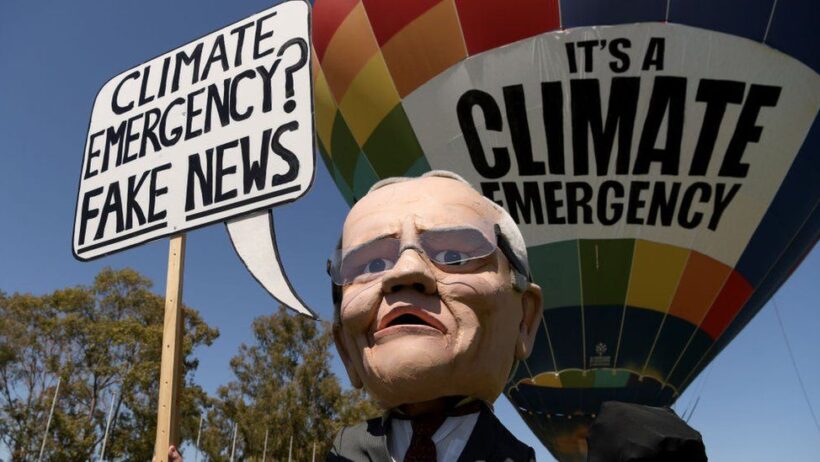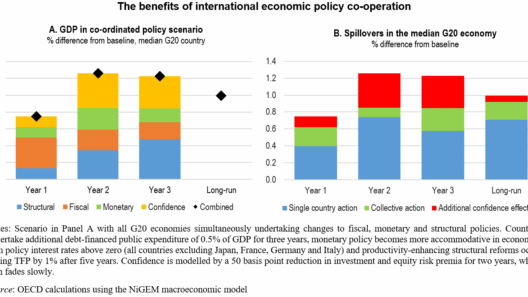In the grand theater of existence, humanity has long been cast as the reluctant protagonist, grappling with the existential crisis of climate change. For decades, the chorus of denial has reverberated through boardrooms, political palaces, and casual conversations, overshadowing the imperative for decisive action. Yet, like memories of an ancient storm that shapes the landscape, the consequences of inaction are now irrefutably evident across the globe. Have we, as a collective entity, finally stirred from slumber to confront the tempest that is global warming?
The gradual awakening to the catastrophic ramifications of climate change has transformed the dialogue from one of dismissal to one of urgency. Like a smoldering ember finally ignited into flame, awareness has spread, fueled by alarming scientific reports and visceral visual evidence. The polar ice caps, once majestic sentinels of the Arctic, now melt at an alarming rate, birthing rising sea levels that encroach upon coastal communities, reminiscent of a great tide reclaiming its land. From wildfires that ravage ecosystems in Australia to hurricanes that ravage cities in the Caribbean, the repercussions of climate neglect have become too monumental to ignore. Thus, the question looms: have we transitioned from denial to constructive action?
Undeniably, the tides of public sentiment are shifting. A palpable sense of urgency has emerged, characterized by youth-led movements demanding accountability from leaders and corporations alike. The striking juxtaposition of youthful optimism against the backdrop of fading ecological integrity fuels a unique dynamic, prompting a collective outcry that reverberates worldwide. To liken them to modern-day prophets, these youth activists carry the clarion call of a generation that recognizes the stakes of inaction. They are vibrant harbingers of hope in this daunting narrative, rallying millions for climate strikes and prompting widespread discussions. Their passion is infectious, igniting a fervor that transcends borders, challenging the indifference that has long pervaded societal attitudes toward climate change.
In tandem with grassroots activism, corporations are also beginning to reassess their footprints. The once-sacrosanct belief that economic progress and environmental stewardship were incompatible is slowly eroding. Corporate giants are awakening to the reality that sustainability is not merely ancillary to their operations; it is integral to their survival. Like a phoenix rising from the ashes, businesses are recalibrating their models to embrace renewable energy, reduce waste, and prioritize ethical sourcing. This paradigm shift is echoed in the rise of the circular economy, where resources are perpetually recycled—a stark contrast to the linear consumption patterns of the industrial age. Herein lies a glimmer of hope: profit and planet need not be adversaries; they can be co-conspirators in crafting a sustainable future.
Meanwhile, as governments grapple with the equivalent of a Sisyphean task to implement comprehensive climate policies, innovative solutions are gradually taking root. Initiatives that foster collaboration across international borders exhibit the recognition that climate change is a ubiquitous foe demanding an equally expansive response. Treaties and accords have emerged—albeit haltingly—illustrating the dawning consciousness of shared responsibility. This phase of transition is cumbersome, replete with political jockeying and bureaucratic inertia. Yet, incremental progress signifies momentum, as nations begin to embrace commitments to carbon neutrality. The Paris Agreement, although a tapestry of diverse national interests, symbolizes this collective aspiration and the acknowledgment that unity is essential in confronting the climate crisis.
Amidst the challenges, the role of technology emerges as a beacon of innovation. At the intersection of science and creativity, technological advancements are catalyzing transformative changes that were once deemed the realm of fantasy. Renewable energy technologies, such as solar and wind, have blossomed, rendering themselves not just viable alternatives but often more economical choices than fossil fuels. Energy storage developments are obliterating the concerns over intermittency, enabling renewable sources to power economies consistently. Adaptive agricultural techniques and carbon capture methodologies are breaking ground, reminiscent of the Renaissance spirit of invention, illuminating pathways toward a sustainable relationship with the planet. The transformation of the energy landscape evokes a symphony of progress, harmonizing economic viability with the ecological imperative.
Nonetheless, despite these promising advancements, the specter of complacency lurks in the periphery. The challenge remains immense; the clock ticks inexorably towards an uncertain future. To succumb to the allure of fleeting victories would be akin to constructing a fortress of sand upon shifting tides. Activism, corporate responsibility, and political resolve must coalesce into an unyielding coalition, embracing an ethos of resilience. The narrative must shift from mere adaptation to aggressive mitigation—an audacious commitment to reducing footprints, enhancing biodiversity, and fostering ecosystems that thrive rather than merely survive.
The promise of a united front against climate change beckons us to embrace a paradigm where anticipation supplants ambivalence. The stakes are high, and the task monumental, yet every minor victory fuels the resilience of the movement. Communities that have imbibed the ethos of sustainable living are textures in the fabric of change, demonstrating that proactive measures can indeed yield profound impacts. Whether through local initiatives or global schemas, the imperative to act resounds profoundly: the forthcoming generations deserve not merely a future but a flourishing existence.
In essence, humanity stands at a critical juncture, navigating the tumultuous waters of climate change. The trajectory from denial to action is littered with both challenges and opportunities, yet it is clear that the momentum is shifting. A dawning realization dawns upon society—confronting climate change is no longer optional; it is an unequivocal necessity. As the global community coalesces around shared goals, the once-foreboding specter of environmental collapse is gradually transforming into a clarion call for stewardship, innovation, and sustained action. The winds of change are blowing, and it is time to set sail toward a sustainable horizon.








